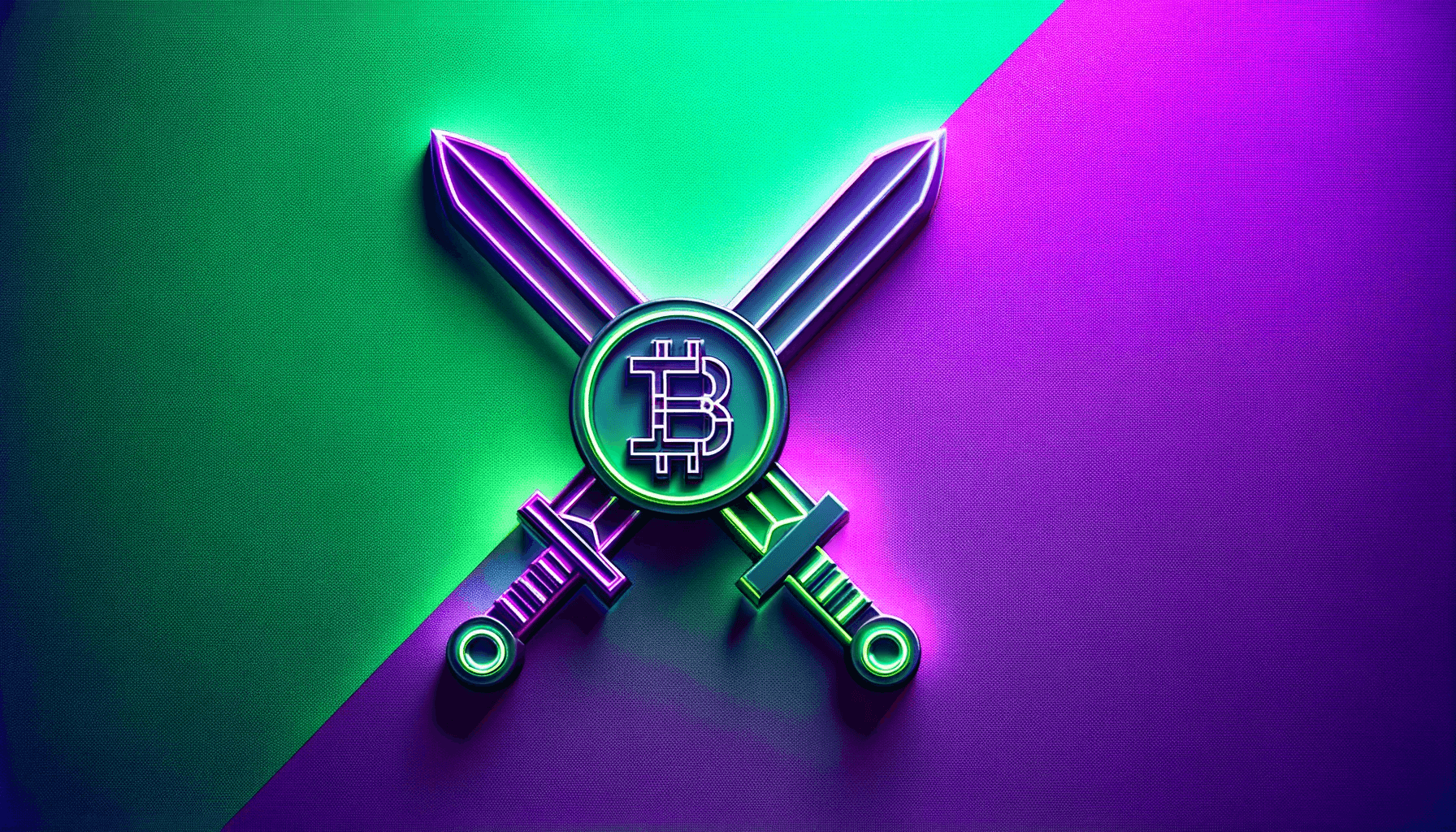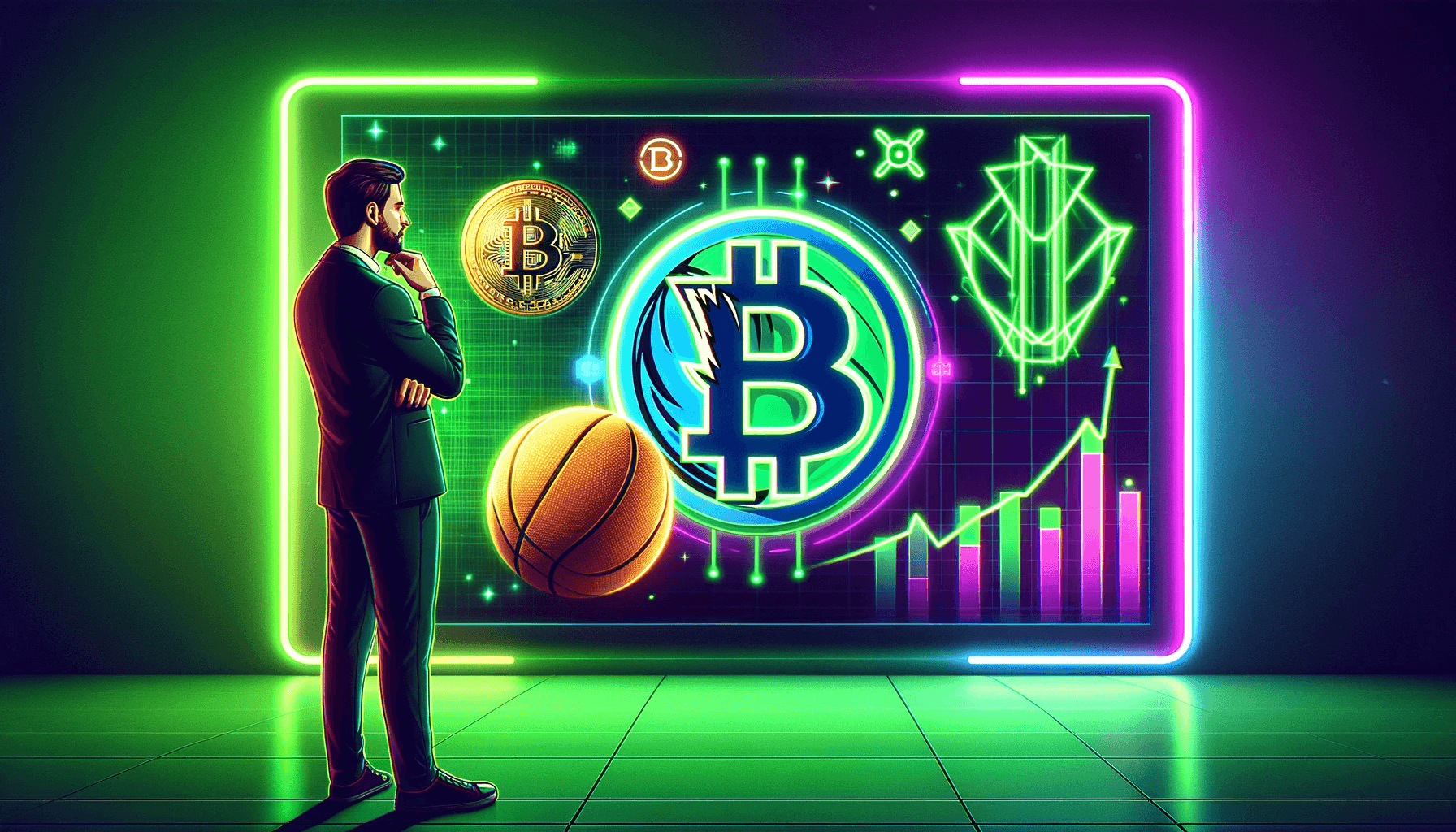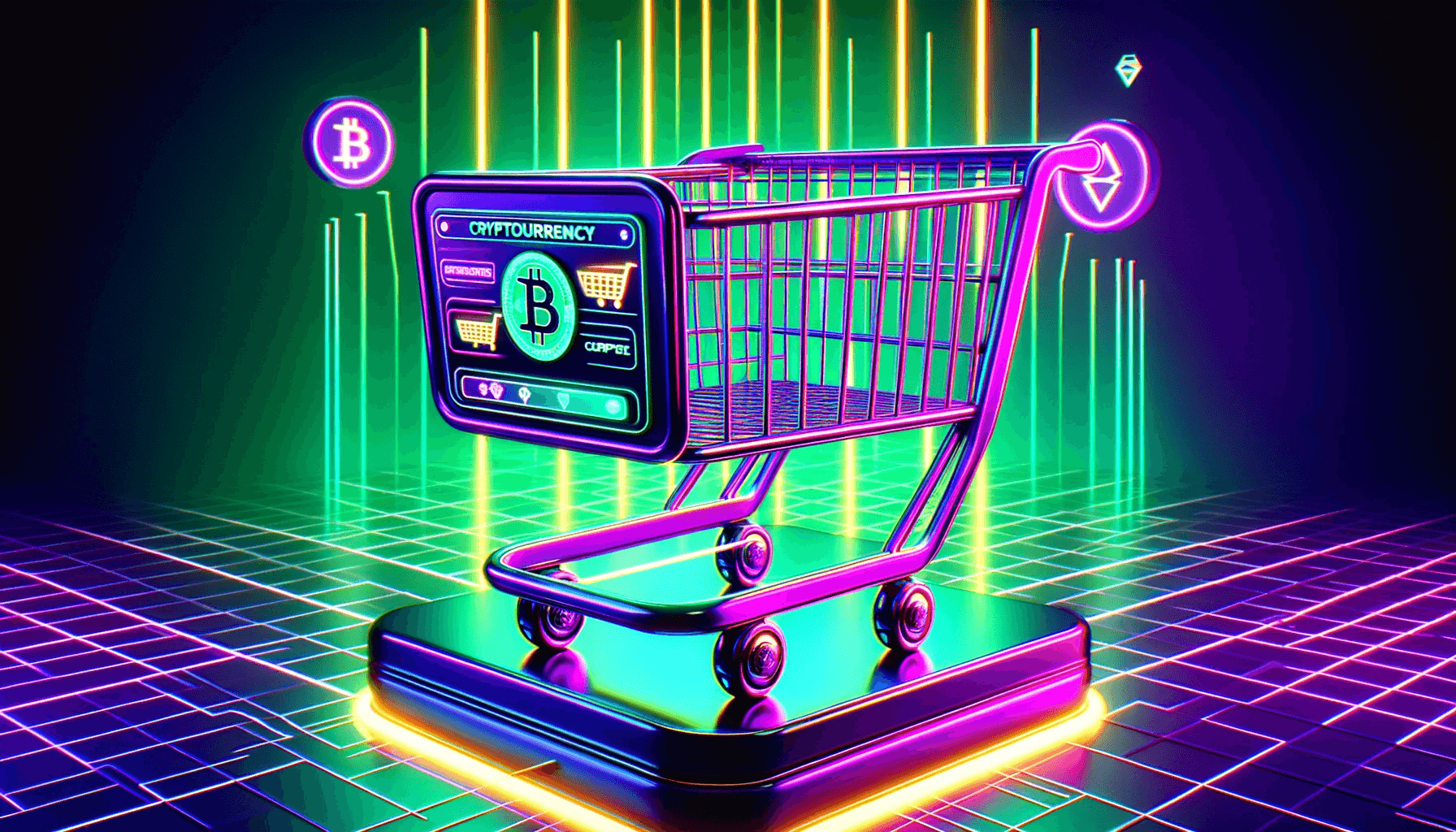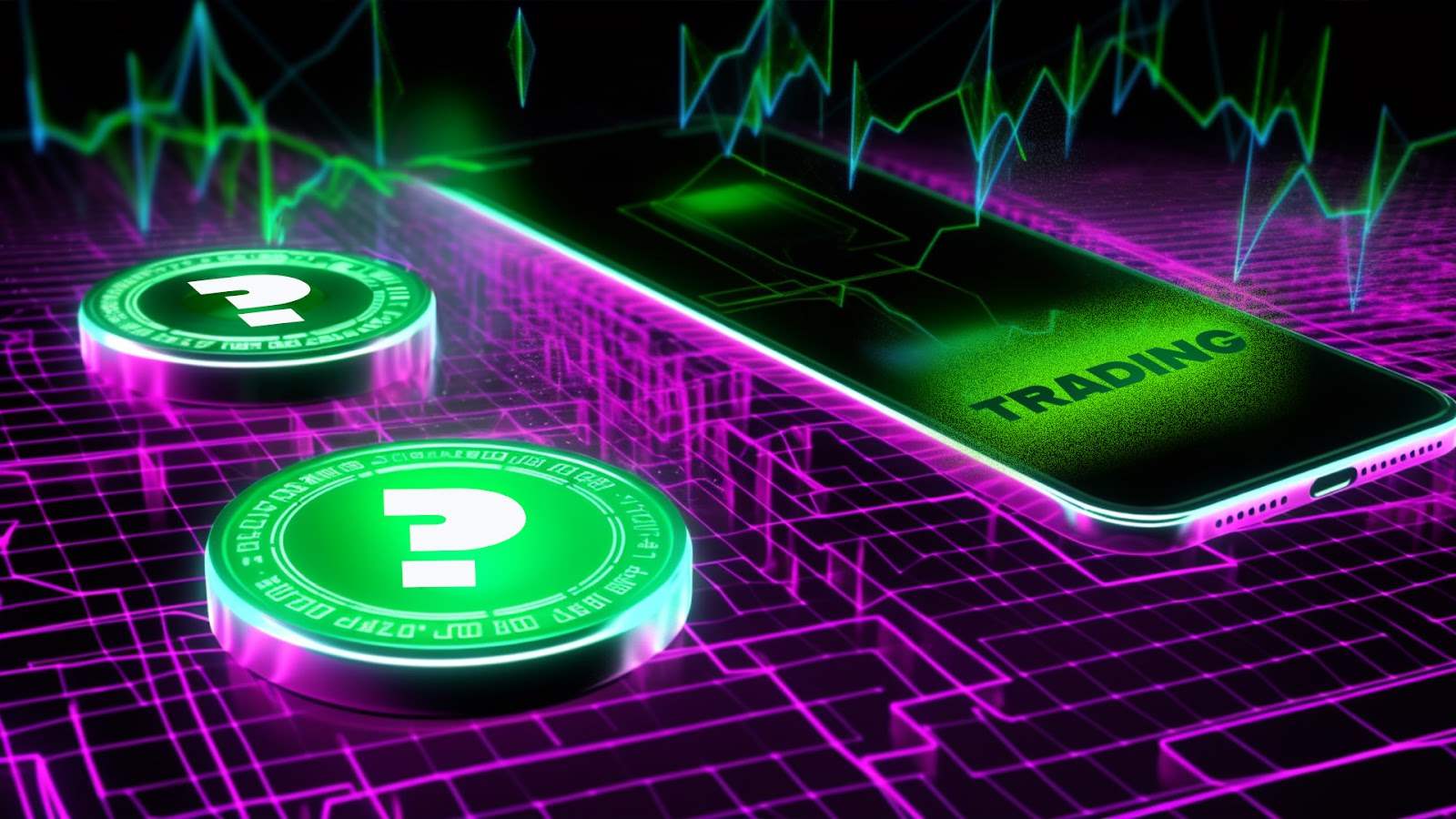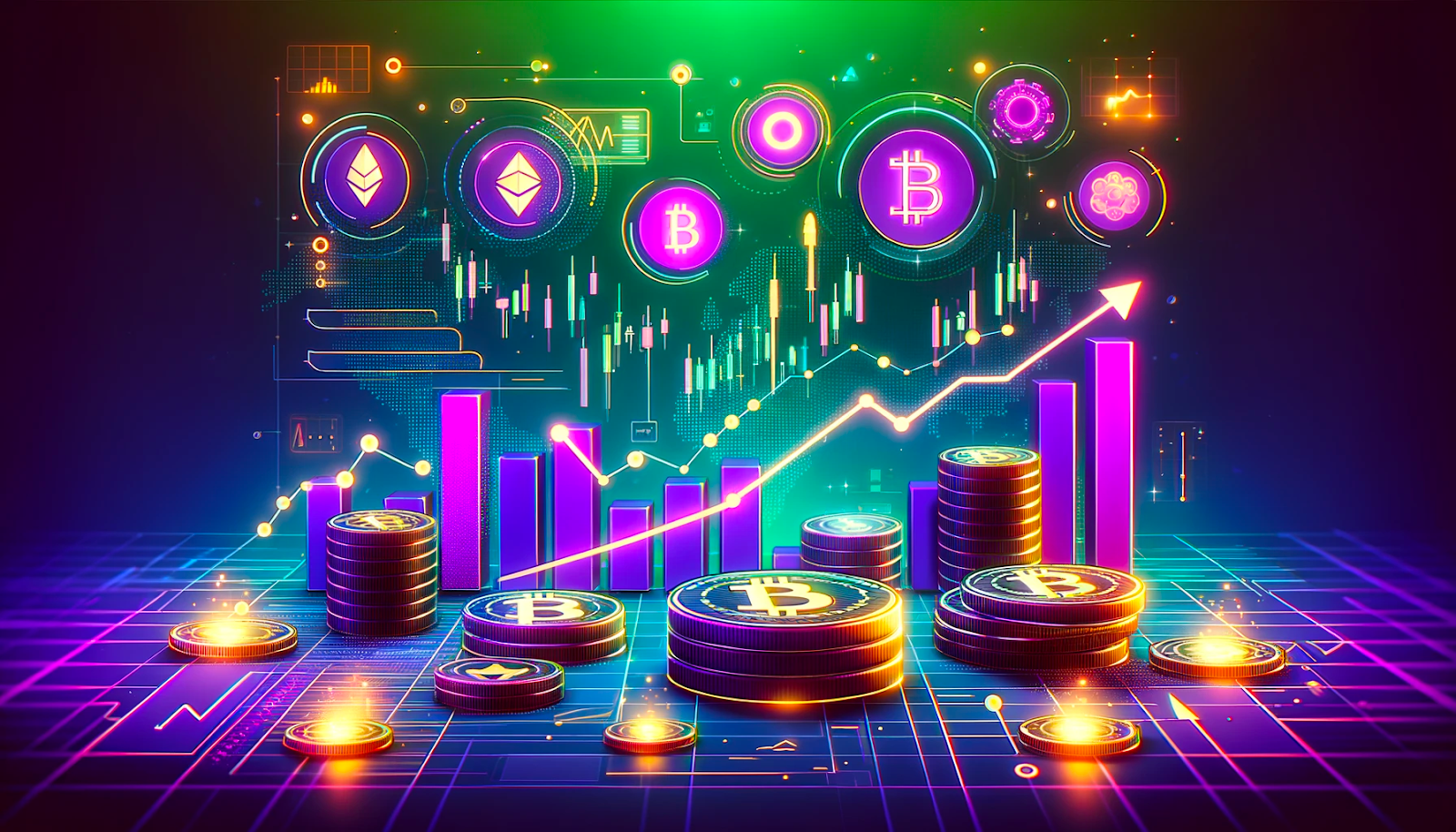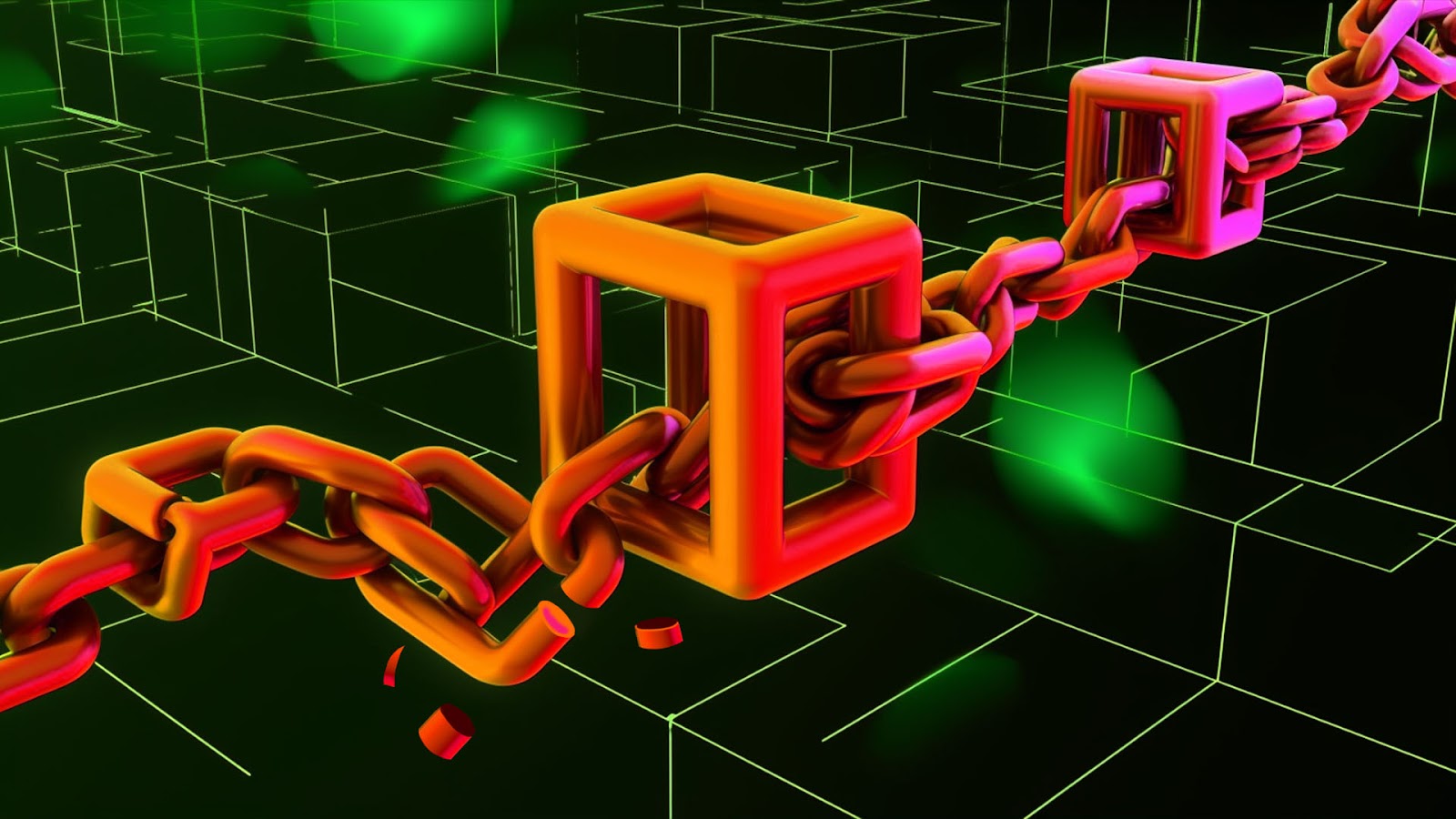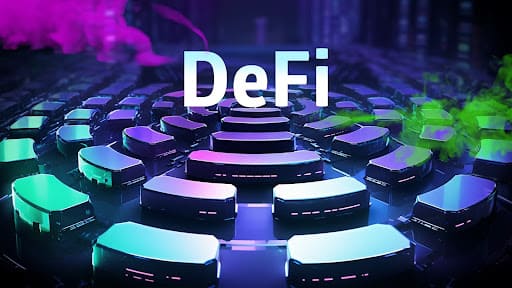
DeFi (“Pronounced as Dee-Fye”) is an abbreviation for “Decentralized Finance” which is a new approach to financial services and banking that is based on peer-to-peer (P2P) payments made possible through blockchain technology. This allows “trust-less” banking, bypassing the need for middlemen such as brokers or banks.
What’s in it for investors? DeFi offers investors the unique opportunity to "become the bank," allowing them to engage in peer-to-peer lending and reap returns that surpass the yield offered by traditional bank accounts.
In addition to this, DeFi streamlines cross-border transactions by leveraging the speed and security of blockchain technology, something that aligns with the digital age.
Let’s delve deep into what DeFi is, how it can benefit individuals, and how it challenges traditional banking and the risks it presents.
What is DeFi?
Let’s back up the above definition a bit. In the traditional financial system (TradFI or CeFi, “Centralized Finance”), sending or receiving money entails the involvement of intermediaries such as banks or centralized exchanges. Establishing trust among all parties is crucial for these transactions to proceed smoothly, relying on the assurance that these intermediaries will uphold fairness and honesty.
In DeFi, these intermediaries take a back seat as software steps in. Instead of banks and centralized exchanges, people trade directly with one another. The role of facilitating transactions, executing trades, and guaranteeing an equitable and trustworthy process is undertaken by blockchain-based "smart contracts."
Now that you’ve understood little things about DeFi, now the question is how does it differ from CeFi?
DeFi (Decentralized Finance) Vs. CeFi (Centralized Finance)
To understand this better, just imagine you're comparing two restaurants: a traditional dine-in restaurant and a food truck festival. Centralized finance is like the dine-in restaurant, where you walk in, place an order with a waiter, and they handle everything from cooking to serving. You rely on their established structure, but you might also face limitations like set opening hours and a fixed menu.
DeFi, or Decentralized Finance, is akin to a bustling food truck festival. Here, individual food truck owners bring their unique offerings, and you have the freedom to choose from a wide array of cuisines. You interact directly with each food truck owner, using digital tokens like tickets.
Even though both allow you to buy, sell and loan, they differ in organization and management.
Benefits of DeFi
Here are some key advantages of DeFi:
-
Decentralization: DeFi mitigates the risks associated with centralized systems. In CeFi setups, an exchange's failure can result in catastrophic losses of user funds and accounts. However, the decentralized nature of DeFi safeguards against such vulnerabilities.
-
Anonymity: While smart contracts uphold transparency on the blockchain, DeFi offers anonymity to users. Unlike centralized and regulated models that necessitate Know Your Client (KYC) protocols, DeFi doesn't mandate user identification, providing a degree of privacy.
-
Custody: Within DeFi, users retain control over their assets, managing the custody of private keys to their digital wallet where their cryptocurrency tokens are being held.
-
DApps: DeFi propels the development and utilization of decentralized applications (dApps). Beyond financial services, dApps have an array of use cases, spanning from gaming to social media.
-
Fees: DeFi distinguishes itself by delivering lower fees and fast transaction processing time.
DeFi Applications
-
Decentralized Exchanges (DEXs): Among the leading DeFi applications are decentralized exchanges (DEXs). DEXs facilitate direct peer-to-peer trading, eliminating the need for intermediaries. This fosters trustless transactions, allowing users to trade cryptocurrencies easily and securely.
-
Stablecoins: Another integral DeFi is stablecoins. These cryptocurrencies are pegged to external assets like the dollar (e.g. USDT) or euro, ensuring price stability and bolstering confidence among users.
-
Lending Platforms: These platforms leverage smart contracts to bypass intermediaries like banks thereby streamlining the lending process.
-
Prediction Markets: DeFi prediction markets, akin to traditional markets, allow users to bet on the outcomes of future events such as elections, sports. These markets aim to replicate the functionality of conventional prediction markets but without intermediaries
In addition to these core applications, emerging DeFi concepts have also surfaced:
-
Yield Farming: Yield farming caters to experienced traders willing to embrace risk. It involves scouting various DeFi tokens to identify opportunities for high returns.
-
Liquidity Mining: DeFi platforms entice users by rewarding them with free tokens through a process known as liquidity mining. This innovative approach requires you to drop something to get something but not in the form of trade by barter as you’ll still have ownership over what you dropped and what you got.
Challenges of DeFi
At this point it would be criminal not to see the undeniable benefits of DeFi, but then it also comes with its fair share of challenges. Here are some key challenges that DeFi enthusiasts and participants should be aware of:
-
Complexity: The complex nature of DeFi can be a significant hurdle. Operating on a peer-to-peer model, DeFi involves smart contracts and advanced algorithms, which might pose difficulties for those unfamiliar with these concepts.
-
Customer Service: DeFi lacks a centralized authority that users can turn to for assistance. In the absence of a single point of contact, addressing issues or seeking help can be more damning.
-
Volatility: DeFi's decentralized nature can contribute to increased market volatility. Without a central authority to moderate transactions or regulate market momentum, fluctuations can occur more readily in the DeFi.
-
Security: Security remains a paramount concern in the DeFi space. All of DeFi’s potential use cases rely on software systems that are vulnerable to hackers.
How to Get Involved?
Here are a few ways to get started.
-
Secure a Crypto Wallet: you can start with a crypto wallet like Metamask, and fund your wallet with Ethereum. Remember to safeguard your public and private keys as they're crucial for wallet access.
-
Trade Digital Assets: Experiment by trading a small amount of two assets on a DEX. This approach aids in learning, even if there are losses during the process.
Remember, start cautiously, stay grounded, and remain aware that the world of crypto and DeFi carries risks.
Want More Cutting-Edge Educational Content?
Follow Us: X TikTok Instagram Telegram LinkedIn
Sign up to our newsletter at the bottom of the page
Check Out Our Top 10 Crypto Currencies of 2023
If you're new to the crypto space, seek financial advice from a professional and don’t invest what you cannot afford to lose. This article is for educational purposes and is not financial advice.


